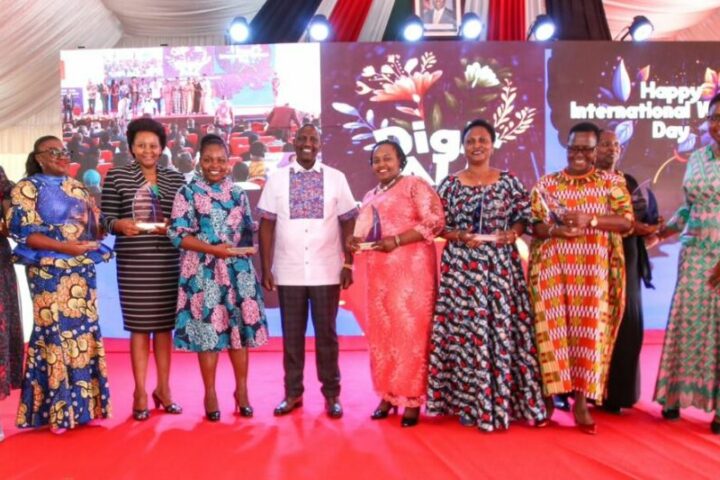
In today’s digital age, lottery software plays a crucial role in managing and conducting these games efficiently.
From ticket sales to random number generation, the development of lottery software demands a careful blend of technology, security, and user experience.
How to Create Successful Lottery Business?
The very first step to create a business is to follow the best software developments.
How to create online raffle when you don’t have enough resources?
In that case, you can use services of white label software provider; White Lotto is a known white label software provider, to take care of all business model steps.
This article explores the best practices that developers should adhere to when creating lottery software to ensure fairness, security, and an enjoyable user experience.
1. Security as a Cornerstone
The security of lottery software is paramount, as it involves the management of substantial financial transactions and sensitive user data.
Incorporating encryption protocols, secure payment gateways, and robust authentication mechanisms is non-negotiable.
Regular security audits and compliance with industry standards, such as Payment Card Industry Data Security Standard (PCI DSS), must be integrated into the development process.
This ensures that the software remains resilient against potential cyber threats and provides users with the confidence that their information is handled with utmost care.
2. Random Number Generation (RNG) Algorithms
The integrity of lottery games heavily relies on the randomness of number generation.
Developers must implement reliable RNG algorithms that are thoroughly tested and certified by relevant authorities.
The algorithms should be designed to prevent any patterns or predictability, ensuring a fair and unbiased draw.
Regular audits and updates to the RNG system should be conducted to address any potential vulnerability and maintain the credibility of the lottery system.
3. User-Friendly Interface
Lottery software should provide an intuitive and user-friendly interface for both administrators and players.
A streamlined ticket purchasing process, easy navigation, and clear instructions contribute to a positive user experience.
The software should be accessible across various devices, ensuring that players can participate seamlessly from desktops, tablets, or smartphones.
Incorporating features like auto-pick, ticket tracking, and instant notifications enhances user convenience, making the lottery experience enjoyable and engaging.
4. Transparency and Auditability
To build trust among users, lottery software must be transparent and easily auditable.
Implementing a comprehensive logging system that records all transactions, draws, and interactions is essential.
Regularly publishing audit reports and results on a public platform reinforces the fairness of the lottery system.
Open-source components or third-party auditing services can be employed to provide an additional layer of transparency and credibility.
Conclusion
Lottery software development is a complex task that demands a meticulous approach to security, fairness, and user experience.
By following best practices in security, RNG algorithms, user interface design, transparency, scalability, and regulatory compliance, developers can create a robust and trustworthy platform.
Ultimately, a well-designed lottery system not only enhances the gaming experience for players but also contributes to the integrity and reputation of the lottery industry as a whole.
As technology continues to evolve, staying abreast of emerging trends and continuously improving lottery software is key to ensuring a seamless and enjoyable experience for all stakeholders.








